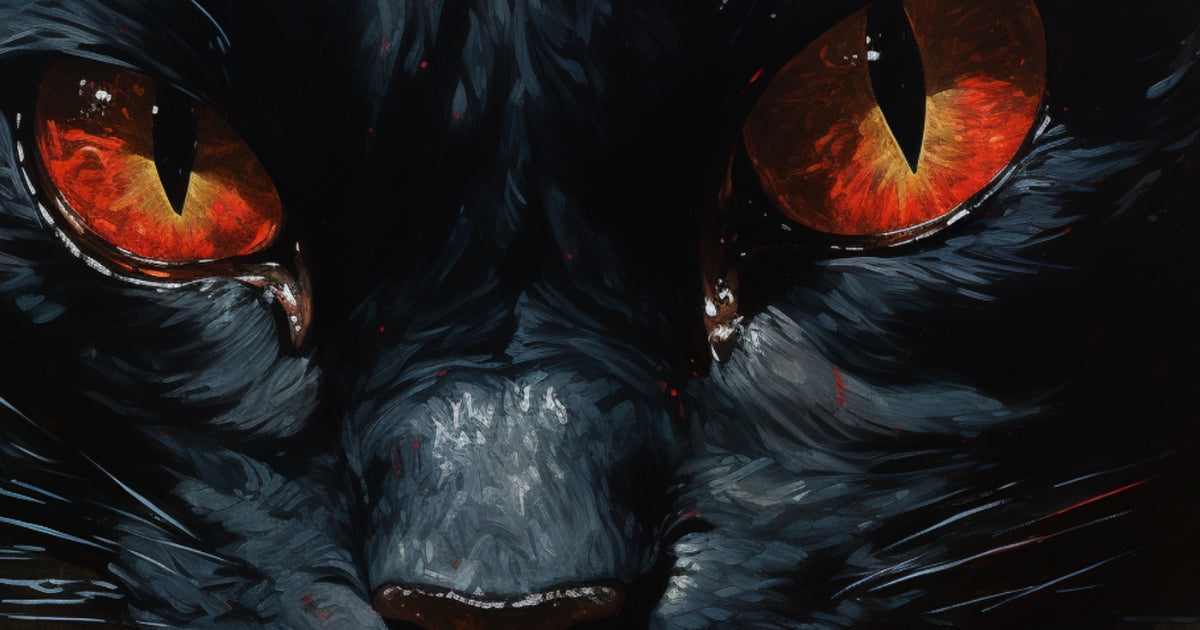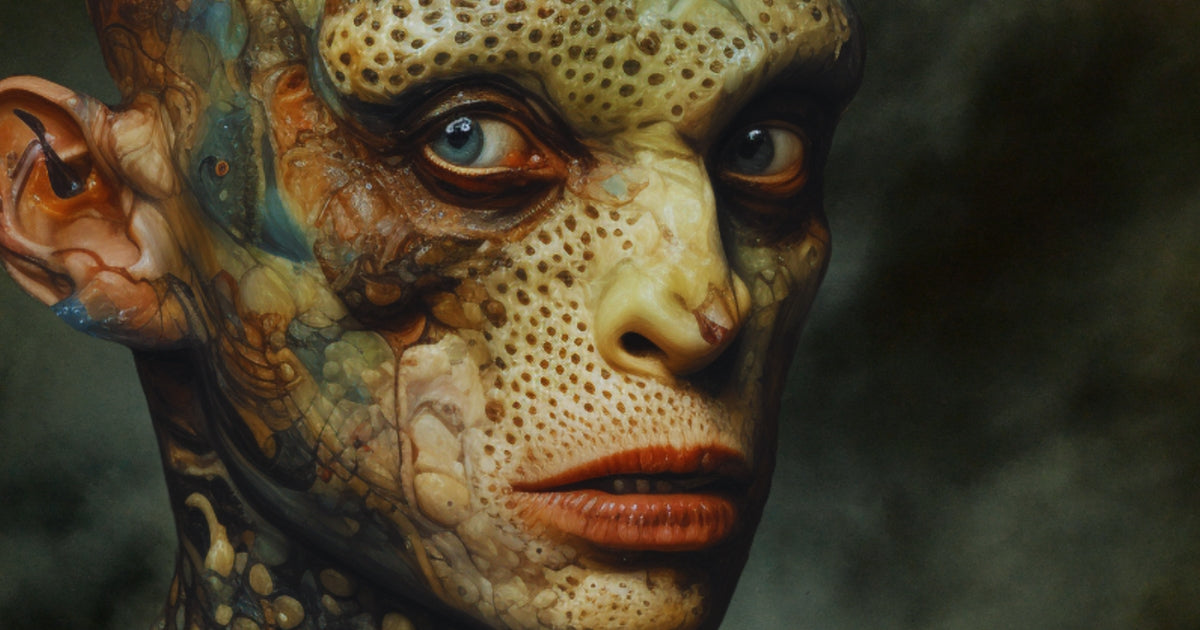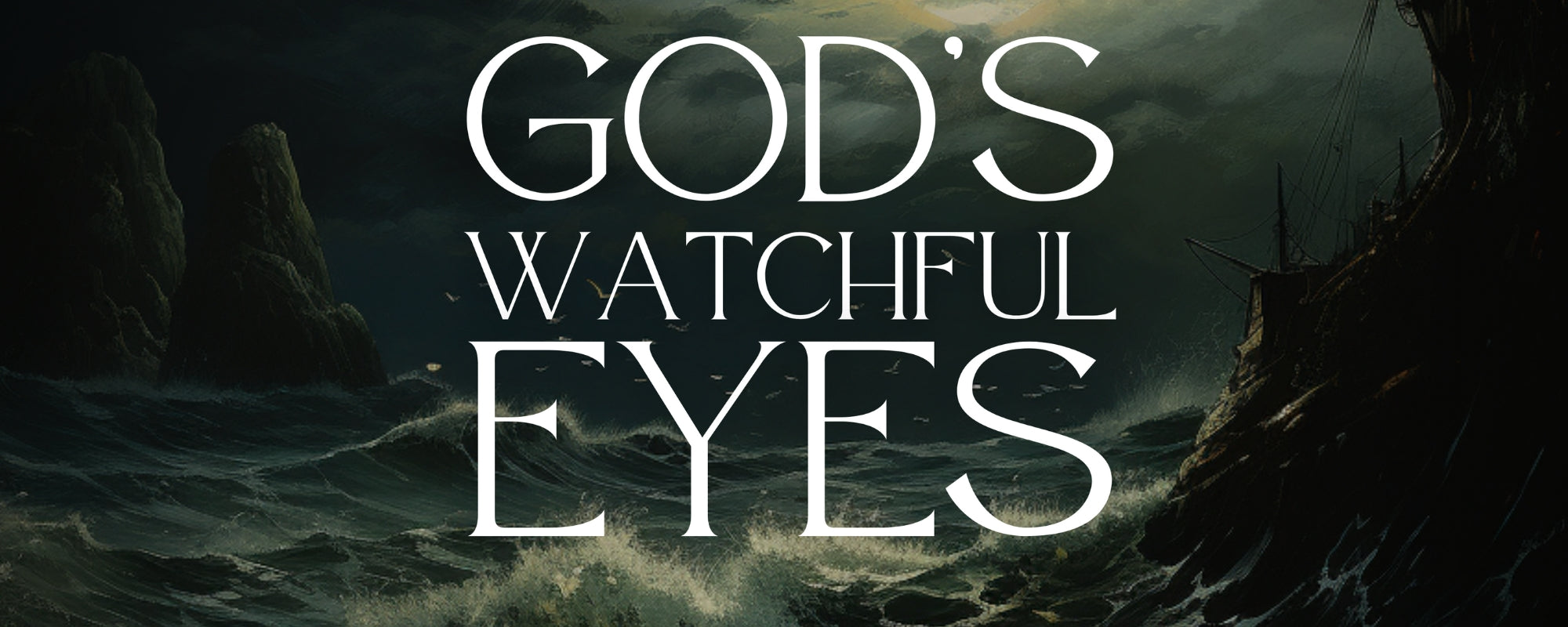
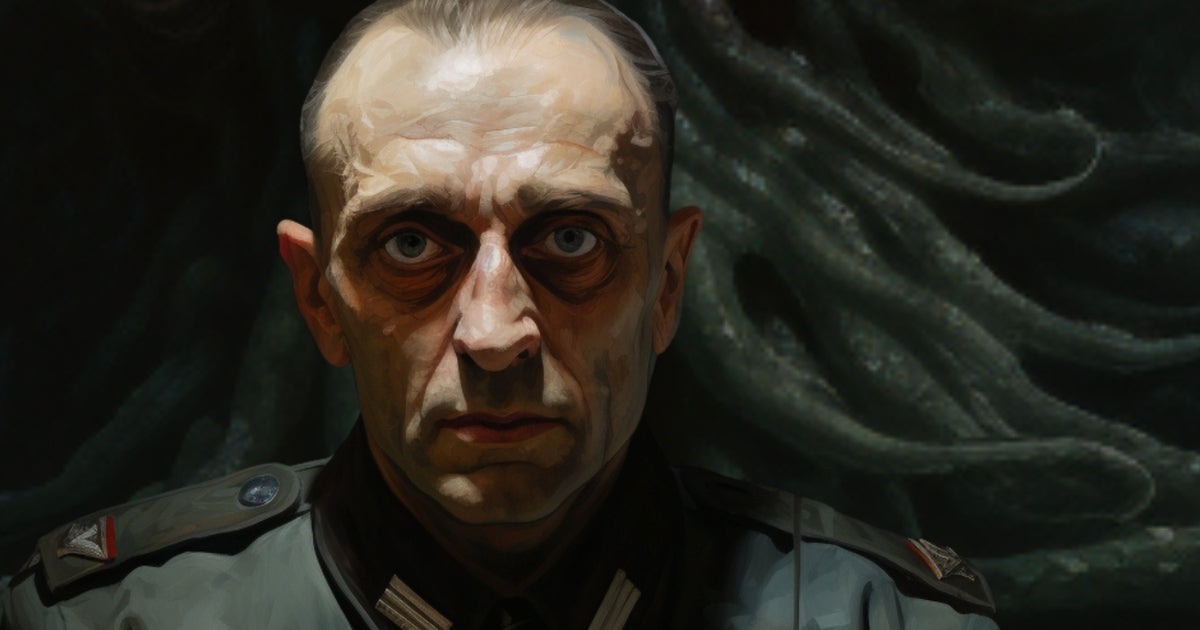
God's Watchful Eyes
By Grace R. Reynolds
Ruslan did not enjoy feeling threadbare strands of muscle stuck between his teeth. It brought him no pleasure to pluck away the soft tissue of a cadaver’s mutilated pectoral. Survival was paramount in this Arctic hellscape, however, and he begrudgingly made mincemeat of the rotting body like a long dead fowl. He picked off the scale worms, careful not to pull them too hard lest they tear.
In prison, men warned him of the vague horrors to expect beyond the horizon of evergreens that separated the town from the Laptev Sea. Everyone knew of the Scavengers. The monstrosities who were once human. They were said to scour the rocky beaches in search of something or someone to maul. Seagulls, mollusks, mangled limbs of their comrades in disgrace, discarded like shards of glass along rocks. It didn’t matter. All forms of life were equally dispensable in this place. All would serve the remainder of their days under God’s watchful eyes.
Ruslan swished the chewy fat around his mouth.
If man was made in God’s image, then it could only be true that God, too, was a monster.
Ruslan was not a religious man. He abandoned God in the conventional sense long ago, when the world fell away, crumbling into the sea. When levies gave way to drown millions. When coastlines eroded, taking the cities with them. Sydney, Hong Kong, Los Angeles, Houston, Cape Town, Venice, Mumbai, Manila—every continent clawed at by salty waters to make way for the slumbering giants below. When the ice caps melted, the monsters of the deep awoke.
An otherworldly screech sounded in the distance, triggering an audible crevasse in an iceberg somewhere offshore. Ruslan shuddered. It reminded him of sirens in the big cities when the threat of a nuclear holocaust occurred daily. The promise of instant obliteration—he could only wish for such a fate now.
The new gods brimmed with insatiable hunger that could only be quelled with blood. Law and order were eradicated for tribal factions to emerge. Punishment indiscriminate. Sacrifice necessary. Criminals, rapists, murderers—the remainder of civilization vowed the worst of themselves would be culled for their perverse worship.
How is it that my offense could warrant such a sentence? So unfair. Deeply cruel. This is, undoubtedly, a mistake to send me to this desolate, violent place. Were they truly unaware of the lengths a lion will go to survive?
Well, violence begets violence. I will leave this place. I will hunt the boy’s mother and all of her co-conspirators. I will find them. Slaughter them. Eat them. I will discard their dismembered bodies on the shore for the Scavengers to feed upon. There will be no memorial, no legacies for them. No one remembers the sheep.
In his periphery, a pale-blue Scavenger on all fours approaches the area, hissing with the intent to scare Ruslan off the killed. Ruslan crouched over the macerated torso. This was his find. He would not let some half-dead parasite leech from him when his body was still pulpy and pink. Ruslan hissed at the Scavenger with equal measure and scared it off for the time being.
It was impossible not to notice the heavy, foul scent lingering in the air. It permeated all the senses, and the Scavengers were everywhere, like little white maggots writhing on rotting meat in the sun. Frost-nipped bodies wandered aimlessly, blending into the sheets of ice floating behind them. Shriveled black and purple extremities, lacerations infected with clingfish refusing to let go of their latch, forever suckling on their wounds. It was evident for some that their infections grew to mar their skin with barnacles and other parasites, but still they walked on.
Ruslan warily lifted his head. He saw God towering above them with its moss-green gelatinous body. There were innumerable eyes on its head, and Ruslan’s focus followed the large, yellow orbs. The irises swiveled with the jerk of every spastic movement, ever watchful, always lusting for its next meal.
As God opened its mouth to continue feeding, acidic saliva sloughed the skin of those directly beneath. A collective wretch thrummed across the beach. A prayer, perhaps, or a hymnal in preparation for the Eucharist. Some of the Scavengers fell to their knees. Others genuflected.
There would be no bread for the sacrament, no cruet set of brine and wine. Their dry, cracked lips became the rim of their chalice to receive communion.
One by one, God ingested a select few to satiate its appetite. Rows of teeth shredded them, a rain shower of blood and skin, like discarded ribbons falling from the sky into the hungry mouths of the Scavengers and their brethren below. Nourishment was scarce on the Laptev Sea, but God would always provide.
Ruslan curled into a ball to protect his body from a gust of snow and ice. He glanced up again, watching their abominable God. Sulfur blasted out of its orifices, popping pustules of skin riddled with abscesses.
Ruslan had to escape the shoreline. Find his way to another settlement in the interior of the country. Adopt a new name, clean his slate, and forget the madness that brought him here.
The midday sun rose ever higher in the sky. Ruslan’s back was raw and sun-blistered now. He grasped his neck, willing himself not to scream as his sanity hung in the balance. Ruslan would not last much longer in these conditions, but he must persevere. He did not want to become a Scavenger, but with every swallow of human flesh he felt the change shifting within. The pale-blue tint of his fingers had spread to his wrists now. It would not be long until he, too, lost himself in worship.
Noxious gas spewed droplets into the sky as God undulated its bloated form. They trickled down its mucous coating, and the eyes shook once more. They quickly zeroed in on Ruslan, and God bellowed out for all to look upon his shrinking form.
They were aware of him now. Ruslan could only mutter curses under his breath, struggling to think of what to do next. As the Scavengers continued to writhe with anticipation, Ruslan saw a dead hand poking through the bottom of a mound of decaying limbs. A sharpened length of driftwood held tight in its clutch.
There was no time to think, no time to plan. Ruslan sprinted. He leaped over skeletons and half-picked carcasses, pushing God’s drifting, mindless followers out of the way. Ruslan yanked the driftwood from the clutch of death, only to immediately spin around and thrust it into the eye of a Scavenger behind him. Blood splattered Ruslan’s face as he pulled the spike out of the Scavenger’s eye socket, ignoring the gobbets of brain matter dangling on its edges.
Adrenaline overcame him, and Ruslan fought the hoard of Scavengers off one by one. With every inch he made toward the copse of evergreens beyond, more cannibals shifted their focus to him. Together they moved as one, a singular body of gangrenous limbs kicking, scratching, desperate and hungry.
Ruslan let out a howl as nails dug into his calves. Fingers hooked inside his cheeks and pressed his eyes to the point he thought they would explode. Ruslan’s screams were muffled by skin slapping against him like the rise and fall of waves. His body was now lost somewhere among the hundreds carrying him back to the sea. With no way to flex his arms or legs free from the mass, all Ruslan could do was reflect back on his perceived heroism at the Magazin.
A ripped plastic bag. Spilled cans on the linoleum floor. Hands on shoulders. Cheek to metal shelves. Police storm the narrow doorway of the Magazin. The barrel of my Glock pointed at the back of the teenage boy’s head. My fingers hovering over the trigger, ready to fire. Handcuffs. A screaming mother. An arrested son.
Ruslan was told they were to expose, convict, and sentence the worst of themselves. Was petty theft not indicative of immoral character? Ruslan was the one who stopped the boy; he was the one that sent another criminal, a true criminal, to Laptev’s shores.
Ruslan remembered the boy’s mother, how she screamed at him until her face turned blue. He would not feign sympathy, however. Boys are supposed to grow up to be responsible, law-abiding men led by a strong moral compass. If their family was starving, where was his father, and if his father was not there, then why was the mother or the boy not adequately providing for their family?
In Ruslan’s mind, the boy had stolen twice over: the first from the Magazin, the second from his own family through his lapse in judgment that resulted in his death sentence. Now the boy’s family was without a potential source of income. Yes, the boy was selfish, Ruslan told himself. His family would surely die of starvation now. That would make him a murderer most assuredly, no doubt having earned his rightful place among God’s laymen.
Ruslan’s body rose. The Scavengers swelled with desire to be near the impending flood of gristle and viscera, pushing him higher up their barbaric tower of Babel. He looked at their faces. There were so many, their features cloistered in clam shells and worms. Their eyes hollow craters for crabs and sand fleas. Together they retched once more, drowning out the sound of the birds cawing high above in the sea air.
So many faces. His face—the boy to his right—was strange and familiar. It was then that Ruslan recognized the boy as the one he threatened to shoot at the Magazin.
They were in conflict with one another yet again, though this time Ruslan was the sacrificial lamb and the boy was the oath keeper. Punishment indiscriminate. Sacrifice necessary. Together they were the paradox of innocence and guilt. The culmination of decisions made through a utilitarianist lens whose new world diocese of malice was never interested in justice.
Ruslan thought back to the Magazin, the look of terror in the boy’s eyes. Ruslan knew where the boy was going; he knew the boy would die out here and didn’t care. He didn’t have to, because until now, until he was punished for a crime, this sort of thing didn’t affect him.
Criminal. That was all Ruslan ever saw the boy as, but the world disagreed. To the world, Ruslan was the criminal. A thief. A murderer. He was not heralded as a hero, as Ruslan thought he should have been. He was a vilified nobody.
There will be no memorial, no legacy for me.
The reality of his error washed over him like a tidal wave, drowning him in a stream of salty tears. He sobbed and cried out to the boy.
“I’m sorry! I’m so very sorry! Please forgive me! Help me leave this place, and I will take you back to your mother! We can forget all this ever happened! God, please forgive me!”
As God extended its mandible to reach him, Ruslan stared at rows of silver serrated teeth. They spun like the blade of a table saw, waiting to slice through him. He looked back into the boy’s eyes, or where they should have been, but was met with silence. There was no offering of repentance. There would be no forgiveness, no forgetting.
Ruslan was overcome with fear. He was enraged. All his life, Ruslan thought of himself as a lion, the kind of man who would not bend to the wills of sheep! He snapped his neck back toward the boy and spat,
“I should have shot you! Let your body bleed out in front of your poor excuse of a mother! You piece of shit, you cretin! You deserved this, not me!”
The hoard pushed Ruslan into God’s chamber, placing him on its tongue like a sacramental wafer. He was just a face, a face of many faces stitched together with needle and twine to create a wet blanket of flesh and bone, antagonism and barbarism cured. Ruslan was but another son whose deliverance would stave off another day of terror by their merciless God.
Copyright © 2023 Grace R. Reynolds
The Author
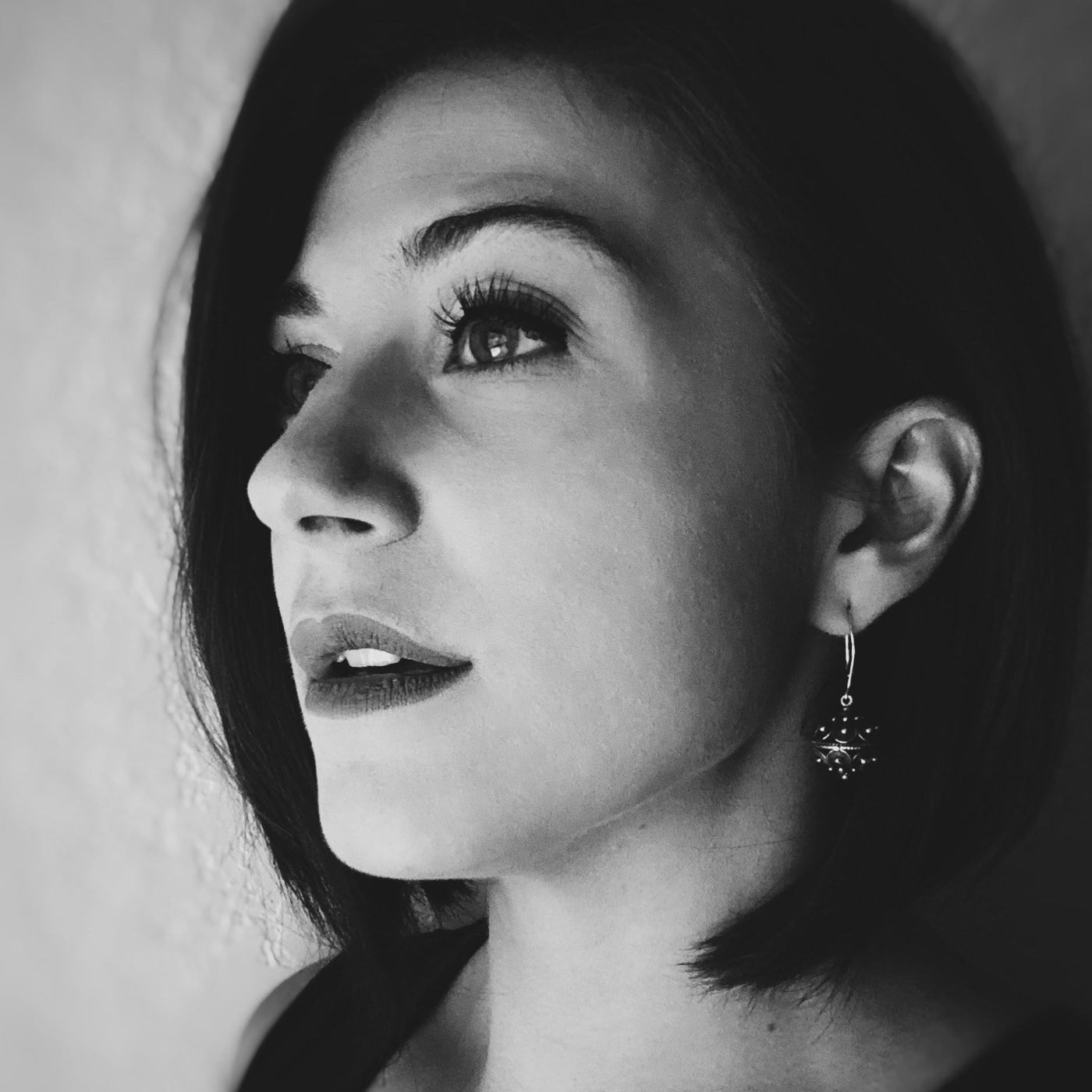
Grace R. Reynolds
Continue reading
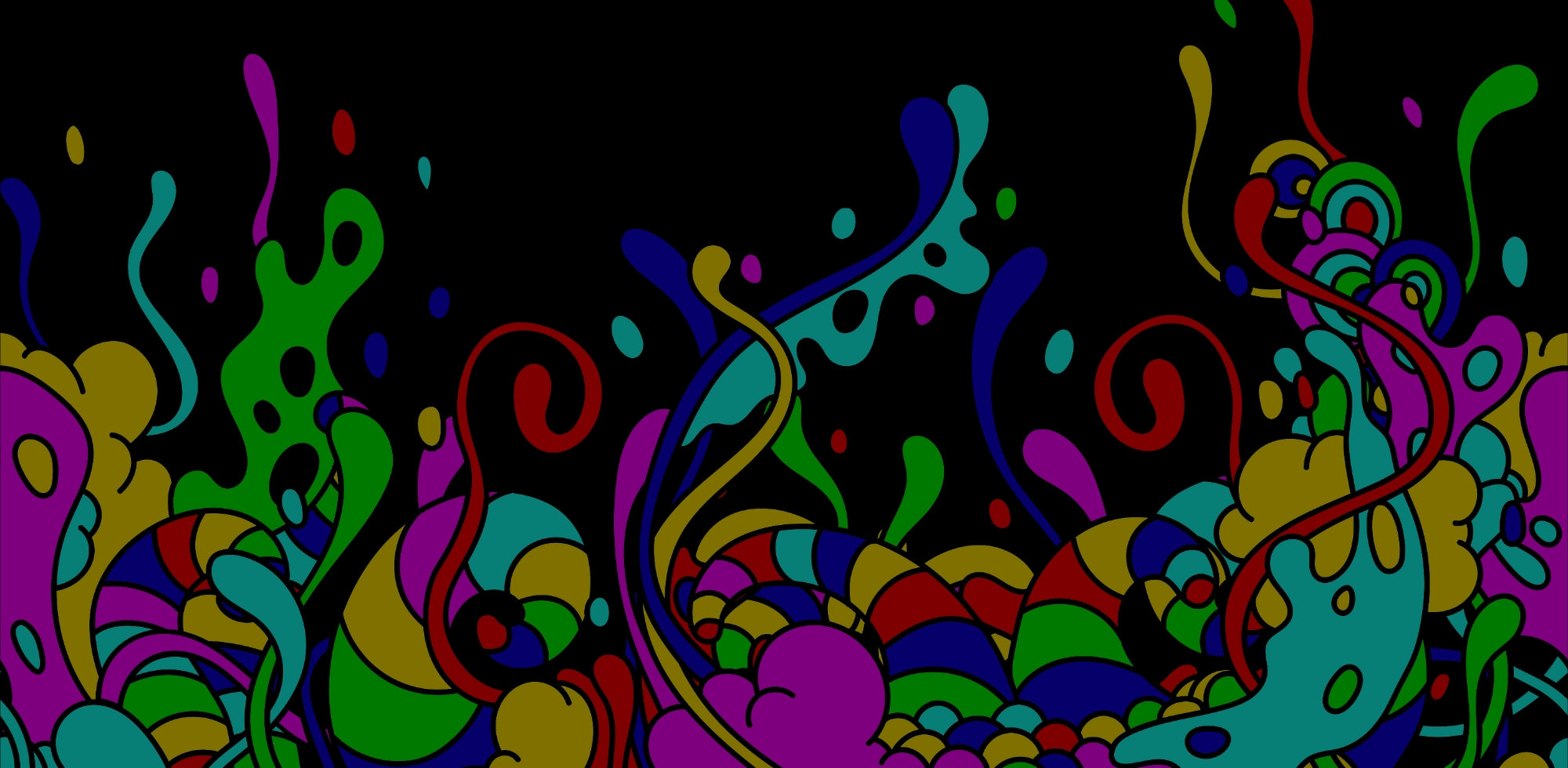
Get Issue Updates
Promotions, new products and sales. Directly to your inbox.


